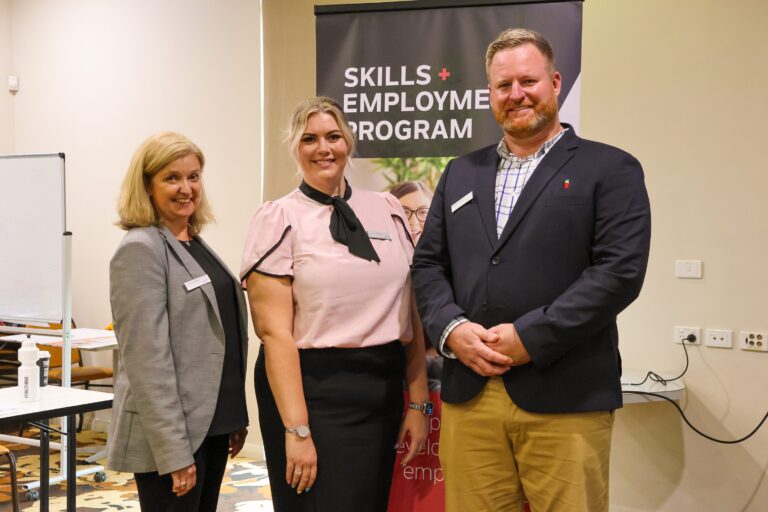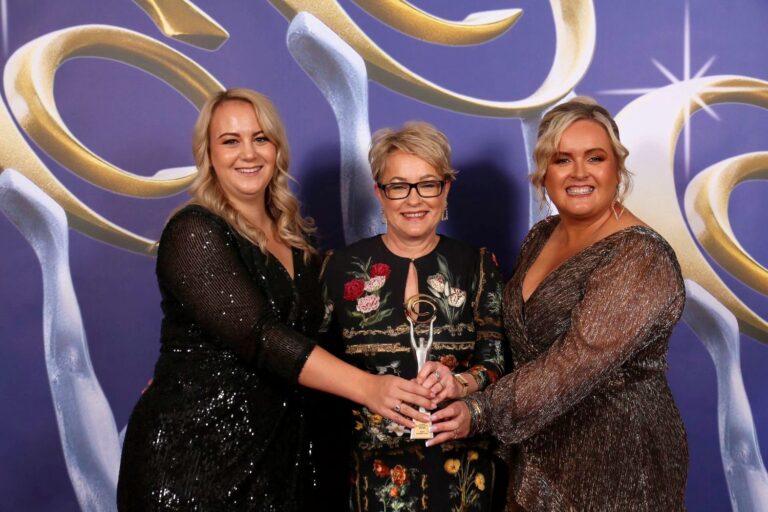Many of us have heard the statistic that 1 in 5 Australians are directly affected by mental Illness.
The full impact of this fact is well worth reflecting upon: if you have a room full of people numbering 100, twenty of those people will have a diagnosable mental illness.
Firstly, it is important to understand the different between mental health and mental illness.
Mental health is a term around wellness and recovery and also encompasses the idea of protective factors that can be enhanced.
Mental Illness, on the other hand, is defined by the American Psychiatric Association as: “a diagnosable illness that effects a person’s thinking, emotional state and behaviour and disrupts a person’s ability to work or carry out other daily activities and engage in satisfying personal relationships”.
Almost half (45%) of Australians will experience some form of mental illness in their lifetime.
In any given year in Australia, 20% of people between the ages of 16 to 85 will have a “common” mental illness, such as an anxiety disorder, mood disorder and/or substance use disorder.
“Non-common” mental illnesses have a prevalence of about 1% or less per year and include illnesses like eating disorders, personality disorders and psychosis.
None of us are detached from this reality. We may be on that journey ourselves and so many of us have family and friends who are struggling through that very dark place, not to mention those people we may encounter whilst shopping, working, walking down the street or even attending a social event or church each week.
You may notice a person speaking to others you cannot see, or people who are on edge and clearly distressed. You may notice a person who is acting in a way that is clearly contradictory to their situation emotionally, laughing when most would be sad, standing staring or immobile. You may notice a sudden shift in mood or you may even see a sudden turn for the better.
Another way to look at this conundrum is that the line between eccentric behaviour and mental illness is often drawn by consideration of the following;
- Are the thoughts, actions and behaviours resulting in harm to the individual or others? If so, then professional help may be required.
- How long has this been occurring? If the troublesome behaviours, thoughts or actions have been occurring for more than two weeks, then it may well be that professional clinical help should be summoned.
When these crises happen to someone around you, it is essential to understand that our emotional connection to the person in crisis can hinder the journey to recovery from a therapeutic perspective.
Medical doctors are prohibited from doctoring their own family, and it is the same with effective clinical support. It is essential for the role of clinician or therapist to be fulfilled by a professional.
If you have a close connection to the person in crisis, your role is really about the offering of unconditional love and support, being a listening ear and offering hope and security while encouraging appropriate professional help.
If we do encounter people in crisis, there are some very simple things we can do to render assistance until the right help can be located.
These five actions are suggested by Australia’s Mental Health First Aid training program:
- Approach the person, assess and assist with any crisis by following the following four steps.
- Listen non-judgmentally.
- Give support and information.
- Encourage the person to get appropriate professional support.
- Encourage other supports.
Unfortunately, it is not possible to condense a two-day training program into one article, however the evidence is clear: we are not trapped in the darkness. Provided we make the right links to professional clinicians, offer hope and love without condition, people can and do become well after having experienced a mental health crisis.





